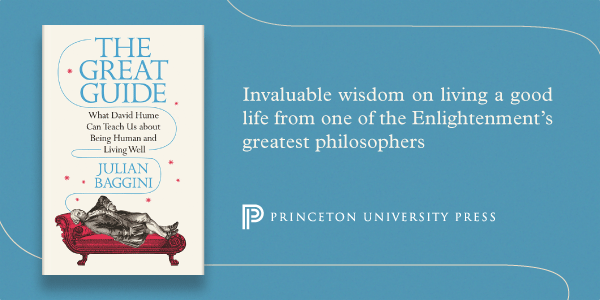The title of this post, a riff on G.A. Cohen’s If You’re An Egalitarian, How Come You’re So Rich?, is one way Jonny Thakkar (Swarthmore) described to me the question at the heart of his recent essay, “Elite Education,” in The Point.

An outdoor “classroom” at Swarthmore
In it, he writes:
In an ideal society, I have suggested, there would be no elite colleges, or at least not in their current form. There might well be highly selective institutions devoted to fostering intellectual excellence, just as there might well be highly selective institutions devoted to fostering musical or sporting excellence. But an ideal society would be a just society, and a just society would manifest equal concern for each of its young adults; and although equal concern would not require an exactly equal distribution of resources, departures from equal distribution would have to be justified. If a college like Swarthmore wanted to bring this about, it could in principle work toward self-abolition, perhaps via intermediary steps like tripling the number of students or founding a sister college in nearby Chester. But America will not be just any time soon; even its public education system devotes vastly greater resources to well-off children than to those from poorer backgrounds. There would therefore be reasonable conservative grounds for Swarthmore’s officers and trustees to refuse to kill off the exquisitely rare fish of its rigorous liberal arts education just in order to sprinkle a little water on America’s arid turf. As an individual faculty member you have no power over such matters in any case: you either play the hand you’re dealt or you quit. If you do stay, then you have to acknowledge that the sociological function of elite colleges in non-ideal America will always be to produce an unfairly privileged elite. The only question is what it means to do this well.
One characteristic of a desirable elite, it seems to me, is that its members be self-aware. Each needs to recognize that they are the recipient of a golden ticket, not so they can engage in pointless rituals of self-denunciation but so they can reckon with the question of which responsibilities follow from the privilege that has been unfairly bestowed upon them. What is needed, as conservatives such as Helen Andrews and Ross Douthat have rightly argued, is something like the old ethos of noblesse oblige, according to which a golden ticket comes with the unavoidable obligation to make what Christopher Lasch called “a direct and personal contribution to the public good.” The difficulty is knowing how to teach with this in mind, given that career decisions are generally considered private…
If one function of a college like Swarthmore should be to create a good elite, another should be to give young people a taste for the life of the mind understood as an end in itself. Oxford remains for me an open wound, yet it was through one-on-one tutorials on Wittgenstein and Heidegger with a Socratic professor who never told me exactly what he thought that I came to see who I was and what I cared about. In a better world such opportunities would be distributed more widely, so leftist faculty like myself might be tempted to see today’s elite colleges as prefiguring the emancipation that such a world would bring. The problem, though, is that intellectual activity is like music and sport, in that excellence and enjoyment are at least partly correlated and excellence is fostered by the emulation and competition that arises when talented people are thrown together in close quarters. Because today’s elite colleges attract and concentrate talent from across the globe, spending vast amounts of money to ensure low faculty-student ratios, they are almost certainly better able to provide this service than the large state colleges that would exist if resources were distributed more fairly. They make possible a form of human achievement, in other words, that could probably never be replicated on a universal scale.
The political conscience of egalitarians who teach at elite colleges will therefore always be troubled.
If Thakkar is mostly interested in the relationship between elite institutions and justice in the broader society, Agnes Callard (Chicago), in her essay in the same issue, focuses on the goods of higher education and the point of universities and colleges:
First, they are not for perpetuating the ruling or elite class. Second, they are not for achieving social justice. Doubtless they do perpetuate the ruling class; many institutions do this. And probably they could do more to bring about social justice. But those things are not what they are for. Third, universities are not for making money—though they do call for careful financial stewardship. Fourth, they are not for producing better citizens. Fifth, they are not for producing happier human beings… A university is a place where people help each other access the highest intellectual goods…
There’s nothing in your DNA that makes you a philosopher, nor is there some regimen you can run through to transform yourself into one. The closest we have come to devising a system for attuning a person to the intellectual life is to surround her with others aiming at the same thing for as long as the relevant parties can continue to afford it, and hope for the best.
Discussion welcome.
"come" - Google News
August 25, 2021 at 05:30PM
https://ift.tt/3BfbtBZ
If You're An Egalitarian, How Come You Teach At An Elite College? - Daily Nous
"come" - Google News
https://ift.tt/2S8UtrZ
Shoes Man Tutorial
Pos News Update
Meme Update
Korean Entertainment News
Japan News Update
Bagikan Berita Ini















0 Response to "If You're An Egalitarian, How Come You Teach At An Elite College? - Daily Nous"
Post a Comment